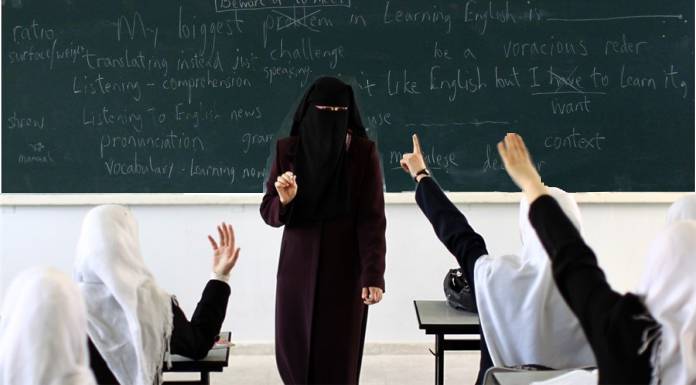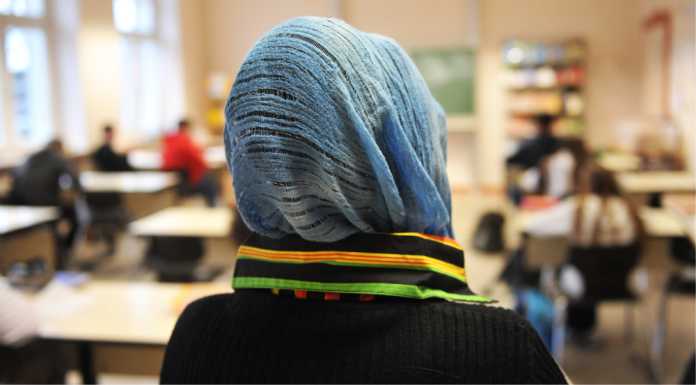
Teaching is a universal profession and particularly teaching English language had become a worldwide phenomenon today. Moreover, English as a Foreign Language (EFL) is taught all over the world since it is recognized as an international language. Imparting English or western education especially in Islamic world becomes not only very important but also quite sensitive on some occasions. While teaching in the Muslim lands some cultural considerations need to be taken into account.
The Foremost thing the teachers need to know having non-Islamic backgrounds and teaching the Muslim pupils or in the Muslim-majority countries is that they should be aware of the role religion plays in education. Since the first word of the very first revelation upon Prophet Muhammad (PBUH) according to Muslims’ belief is, ‘Read!’ Furthermore, seeking education is a religious obligation to every Muslim man and woman. It can be estimated by these points how much importance is given to education by the Islamic faith.
Despite the fact that education is obligatory for Muslims, they are sometimes skeptical of the western knowledge reaching them. For instance, in the western world, the education system is based on complete rationality whereas amongst the Muslim countries spiritual being of the man’s education is also given due weight. While teaching in Islamic countries, foreign teachers should be careful of commenting on the religion or the religious figures. The liberty that exists in the secular world regarding religions does not keep itself from criticizing even the holiest teachings or figures. However, in the Muslim world, such a behavior can have dangerous repercussions and should not be applied here.
 Muslim peoples of Arab countries, South Asia, Far East or Africa are all very welcoming to the foreigners especially if he or she comes as a teacher. But Muslims keep their religion and their respective cultures at a high esteem and sometimes they hardly compromise on either of them. Culture plays and important part in the life of a Muslim. It should be noted that dress-codes in the Muslim lands are usually followed quite strictly where almost complete covering of the bodies — for males as well as females is required. Those teaching to such an audience should give due importance to their dressings. For example, an American female teacher teaching English language in Tajikistan or Saudi Arabia or Pakistan ought not to be dressed the way she does back in her home country; rather it is better for her to wear the local dresses or such a dress that covers the complete body. It is not only an act of respect for the locals but also helps to inter-mingle with the said culture; because in Rome, you do as the Romans do.
Muslim peoples of Arab countries, South Asia, Far East or Africa are all very welcoming to the foreigners especially if he or she comes as a teacher. But Muslims keep their religion and their respective cultures at a high esteem and sometimes they hardly compromise on either of them. Culture plays and important part in the life of a Muslim. It should be noted that dress-codes in the Muslim lands are usually followed quite strictly where almost complete covering of the bodies — for males as well as females is required. Those teaching to such an audience should give due importance to their dressings. For example, an American female teacher teaching English language in Tajikistan or Saudi Arabia or Pakistan ought not to be dressed the way she does back in her home country; rather it is better for her to wear the local dresses or such a dress that covers the complete body. It is not only an act of respect for the locals but also helps to inter-mingle with the said culture; because in Rome, you do as the Romans do.
Read More: Teaching in Islamic Countries




 EducateBox is your education news, past papers, model papers, interesting articles website. We provide you with the latest breaking news straight from the education industry. We are your all-access pass to all the A-List tutorials around the globe.
EducateBox is your education news, past papers, model papers, interesting articles website. We provide you with the latest breaking news straight from the education industry. We are your all-access pass to all the A-List tutorials around the globe.